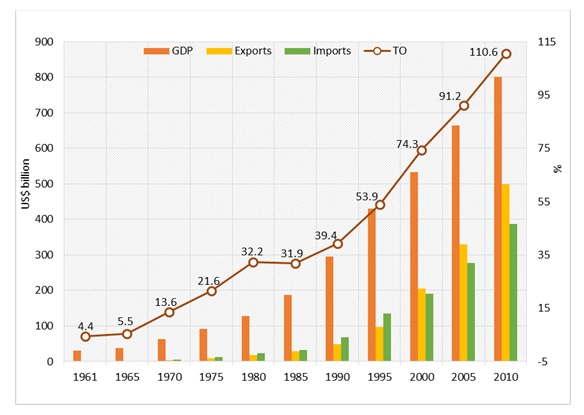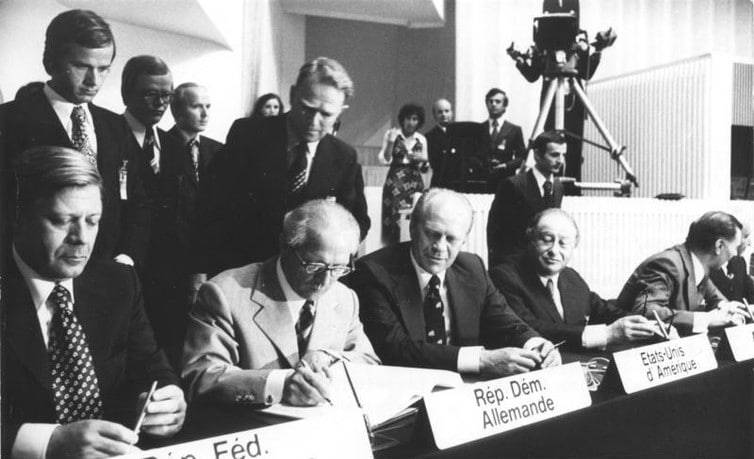A Wild Ride into the Weekend
Tomorrow could be among the most challenging sessions of the third quarter. The focus is primarily on Japan and Europe, but the US reports its first estimate of Q2 GDP. After a six-month soft patch that heightened fears in some quarters that the world’s largest economy was headed for a recession, the US economy appears to have returned to trend growth. It enjoyed good momentum as the quarter wound down, and currently, Q3 GDP is also projected to be above trend.





